The Power of Anticipation: Building Resilience Through Dual Expectations
Plan for the worst, Expect the best. This is advice I give clients, and myself, all the time. Why? Because I tend to do the opposite and end up at minimum disappointed, and at worst, in shock and even trauma. “Opposite” isn’t quite what I used to expect: I wouldn’t expect the worst; as it turned out, I had things in the wrong order – I’d expect the best without any real consideration, then plan accordingly. In addition, I’d expect everything and everyone except me to be perfection, then spend all my waking moments worrying over how I could mess it all up.
If I were going somewhere exotic or memorable, I’d expect the weather and accommodations to be just as I’d imagined, read about, and saw in their glossy images. If I were working with a group of other professionals I’d expect them to be mature and considerate at all times. If I fell in love, I’d expect my lover to be everything I imagined he’d be (while glossing over or even unconsciously ignoring any trait or habit that didn’t fit into my imagined view of that person).
When I put it down on paper, it seems ridiculous – I’m accomplished, experienced, mature. Yet, I’d end up unprepared and sometimes shocked at an outcome that went sideways far too often. So after taking a serious look at my patterns, and working through them to determine how I created and maintained them, I was able to alter these patterns and avoid falling into that same old familiar shock hole. In fact, I got so good at doing that I began to help others learn to do the same thing.
Plan for the worst: by this, I mean planning for whatever can reasonably go wrong, including everything that others may contribute to. Being late or not showing up, discovering that what was ordered isn’t what showed up, last-minute venue changes, cancellations, illness, technical issues – depending on what is planned. I was a project manager for much of my adult career prior to becoming a therapist and coach, and frankly love planning and preparing. Now, I look at my schedule to make sure it’s reasonable, my dependencies to make sure I have fallback plans for each one, the timing, work load, etc. – everything that goes into creating a great or even good experience. include “great” as the goal, with “good” as the minimum requirement. In the bad old days, I planned as well, but would assume too much of others regularly, then get shocked when those assumptions turned out to be false.
Expect the best: Once I planned for what I wanted, I’d review what I might get instead - and all the things that needed to be available if something went wrong – including myself. Once all that was complete, I could relax and truly expect the best. The reasonable best. And sometimes, it really did end up being the very best!
Quote of the Week
Expectations were like fine pottery. The harder you held them, the more likely they were to crack. - Brandon Sanderson, The Way Of Kings
How to make stress your friend
Maryanne Nicholls is a Registered Psychotherapist. To find out more, gain access to her weekly newsletter, meditations and programmes, sign up at www.thejoyofliving.co .

